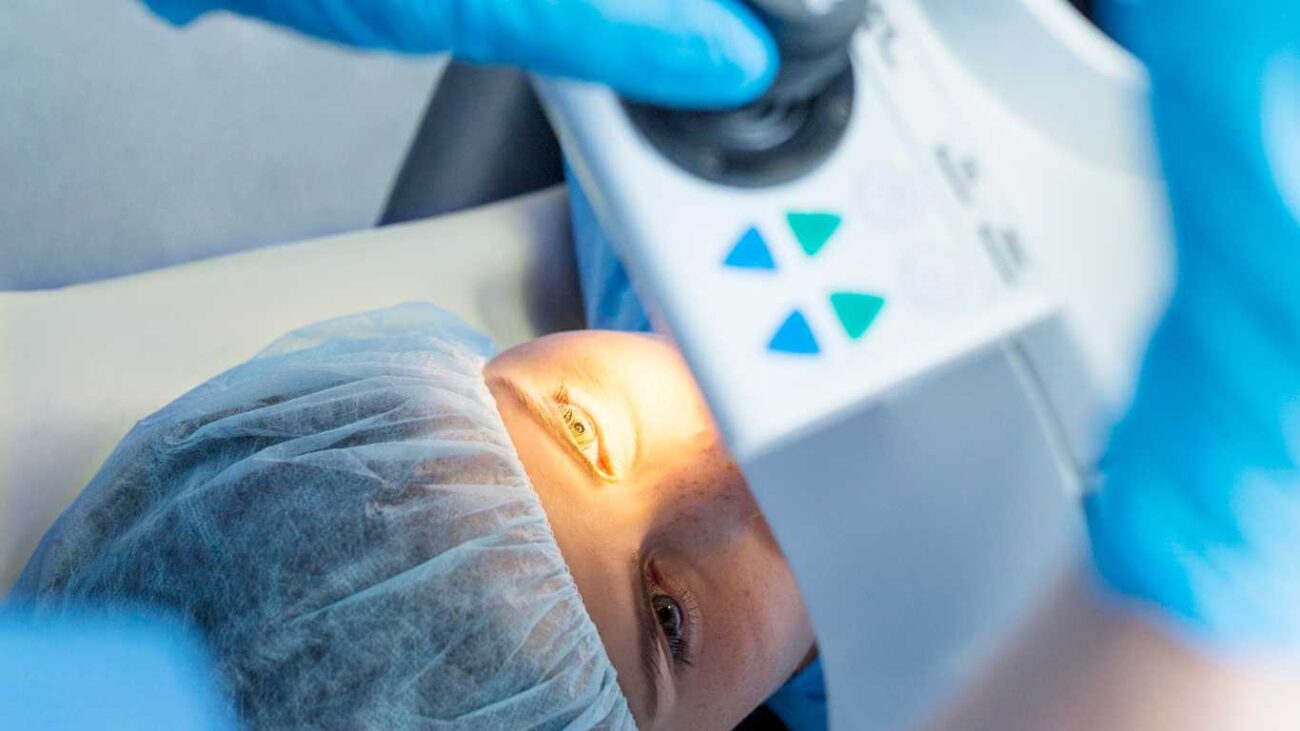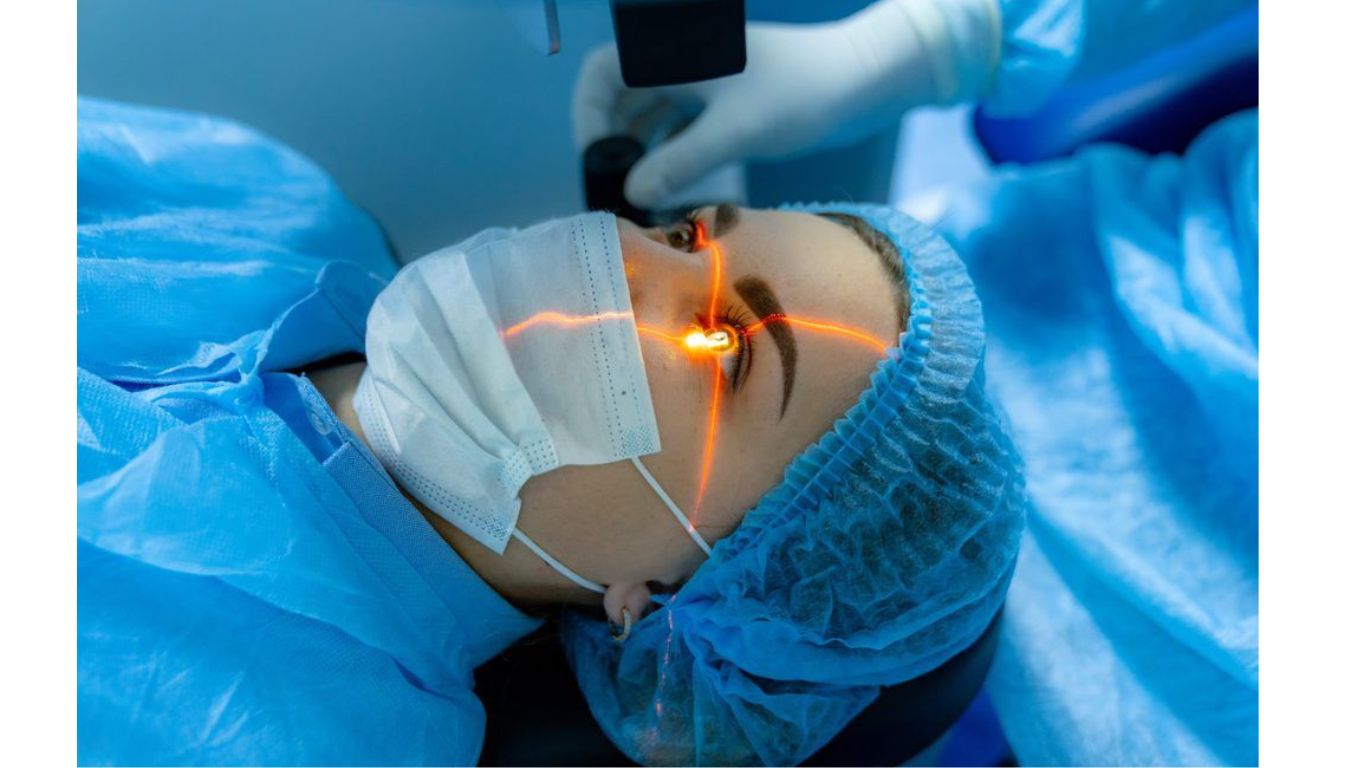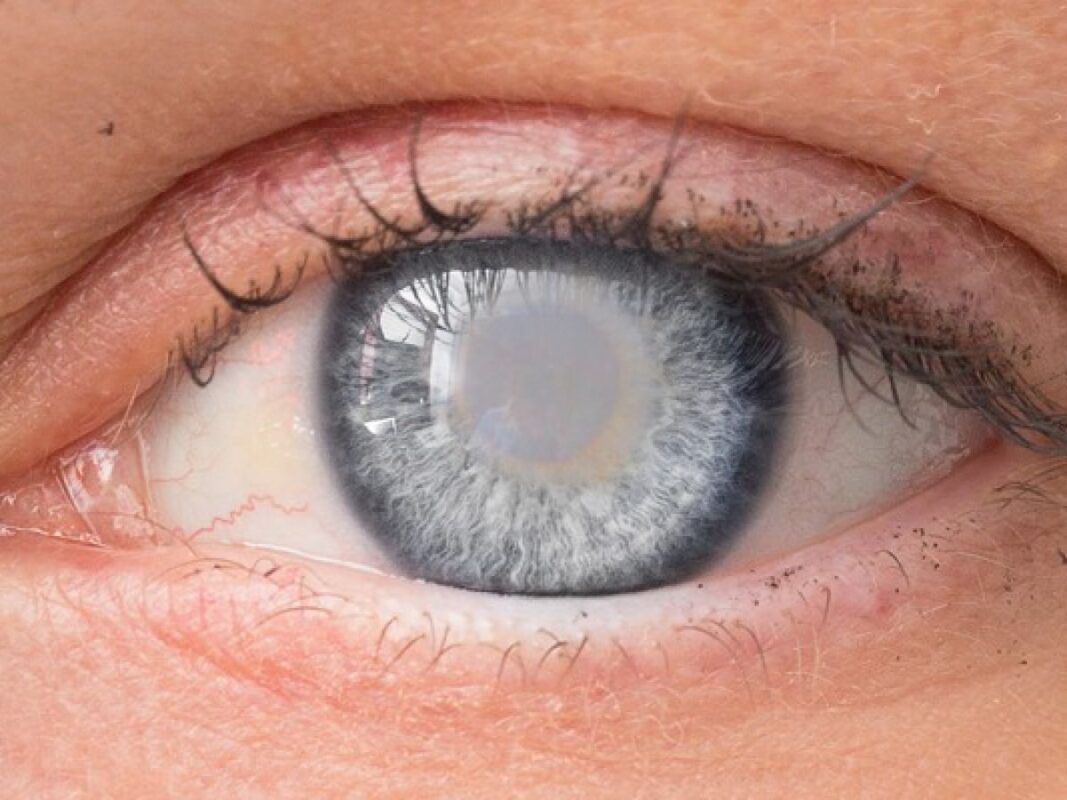Introduction: Does LASIK permanently fix eyes?
Immediate Benefits: (eyes)
LASIK is well-known for its ability to deliver rapid improvements in vision. Many patients notice a significant enhancement in their eyes just a day or two after the procedure. This initial success often leads individuals to believe that their vision issues have been permanently resolved.
Long-term Considerations:
While LASIK indeed offers impressive short-term results, the question of its long-term effectiveness arises. It’s important to understand that vision can change over time due to various factors like aging, hormonal fluctuations, or eye diseases. LASIK cannot prevent these natural processes from occurring.
Potential Vision Changes:
It’s crucial to recognize that some individuals might experience a gradual decline in their vision after LASIK. This means that the initial correction may slowly diminish, requiring the use of glasses or contact lenses again. Factors influencing this regression include the individual’s age at the time of the surgery and the initial severity of their vision problem.
In recent years, LASIK (Laser-Assisted In Situ Keratomileusis) has gained immense popularity as a vision correction procedure. Many individuals, who have grown tired of relying on glasses or contact lenses, have turned to LASIK in hopes of achieving clear and lasting vision. But, does LASIK truly provide a permanent solution to vision problems? In this article, we will delve into the world of LASIK surgery to explore its long-term effects and provide an answer to the burning question: Does LASIK permanently fix eyes?

Understanding LASIK Surgery:
What is LASIK?
LASIK is a surgical procedure that surgeons use to reshape the cornea, the clear front part of the eye, to enhance visual acuity. Surgeons primarily employ it to treat common refractive vision problems such as nearsightedness (myopia), farsightedness (hyperopia), and astigmatism.
The Procedure:
During LASIK surgery, surgeons use a laser to create a thin flap in the cornea. They then lift this flap and reshape the underlying corneal tissue using the laser. This alteration of the cornea’s curvature allows the eye to properly focus incoming light on the retina, resulting in clearer vision.
The Permanence Question:
Immediate Benefits:
LASIK is well-known for its ability to deliver rapid improvements in vision. Many patients notice a significant enhancement in their eyesight just a day or two after the procedure. This initial success often leads individuals to believe that their vision issues have been permanently resolved.
Long-term Considerations:
While LASIK indeed offers impressive short-term results, the question of its long-term effectiveness arises. It’s important to understand that vision can change over time due to various factors like aging, hormonal fluctuations, or eye diseases. LASIK cannot prevent these natural processes from occurring.
Potential Vision Changes:
It’s crucial to recognize that some individuals might experience a gradual decline in their vision after LASIK. This means that the initial correction may slowly diminish, requiring the use of glasses or contact lenses again. Factors influencing this regression include the individual’s age at the time of the surgery and the initial severity of their vision problem.
Factors Affecting LASIK’s Longevity:
Age: (Does LASIK permanently fix eyes?)
Younger patients may experience changes in their vision as they grow older, potentially impacting the long-term success of LASIK. Presbyopia, a condition that affects near vision and typically sets in after the age of 40, can still require reading glasses even after LASIK.
Eye Health:
The overall health of the eye plays a crucial role in the longevity of LASIK results. Conditions such as glaucoma, cataracts, or macular degeneration can develop independently of LASIK and affect vision.
Lifestyle:
Lifestyle choices can also influence the permanence of LASIK. Exposure to environmental factors like UV radiation and excessive screen time can impact eye health and vision quality over time.
Author Details
Dr. Sushruth Appajigowda holds a prominent position as a Cornea, Cataract, Glaucoma, and LASIK Surgeon in Bangalore. He serves as the chief Cataract and Refractive surgeon at Vijaya Nethralaya Eye Hospital, Nagarbhavi Bangalore. Renowned as one of the finest LASIK surgeons nationwide, he brings with him over 12+ years of experience across multiple LASIK platforms, including ZEISS, ALCON, SCHWIND, AMO, and Bausch and Lomb. Having successfully conducted over 5000 LASIK procedures, Dr. Sushruth holds the title of a Certified Refractive Surgeon and a Fellow of the All India Collegium Of Ophthalmology. Furthermore, he stands as a distinguished speaker at various National and International Forums, using his expertise to guide you in selecting the most suitable procedure based on your health requirements.

Conclusion: Does LASIK permanently fix eyes?
In conclusion, LASIK is undoubtedly a transformative procedure that offers immediate improvements in vision. However, it does not guarantee permanent results. Vision can change due to various factors, and some individuals may experience regression or require additional vision correction in the future. Before opting for LASIK, it’s crucial to consult with an experienced eye surgeon who can provide personalized guidance based on your unique circumstances.
Frequently Asked Questions (FAQs):
- Is LASIK painful? LASIK is generally not painful. Most patients report feeling only slight pressure or discomfort during the procedure, which lasts only a few minutes.
- What is the recovery time after LASIK? Most individuals can resume normal activities within a day or two after LASIK. However, it’s essential to follow your surgeon’s post-operative instructions for the best results.
- Can LASIK correct all vision problems? LASIK is highly effective for common refractive errors like myopia, hyperopia, and astigmatism. However, it may not be suitable for more complex eye conditions.
- Are there any risks associated with LASIK? Like any surgical procedure, LASIK does come with some risks, although they are relatively rare. These risks can be discussed in detail with your eye surgeon.
- How do I know if I’m a suitable candidate for LASIK? The best way to determine if you’re a suitable candidate for LASIK is to schedule a consultation with an eye surgeon. They will assess your eye health and discuss your expectations to make an informed recommendation.











